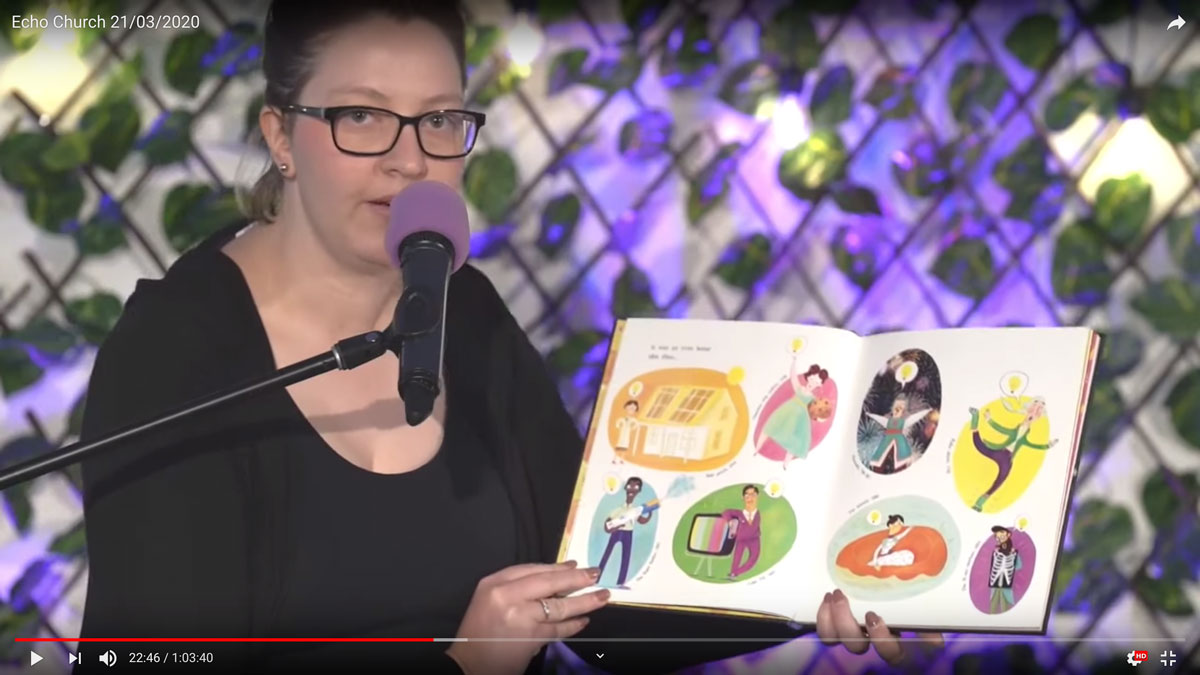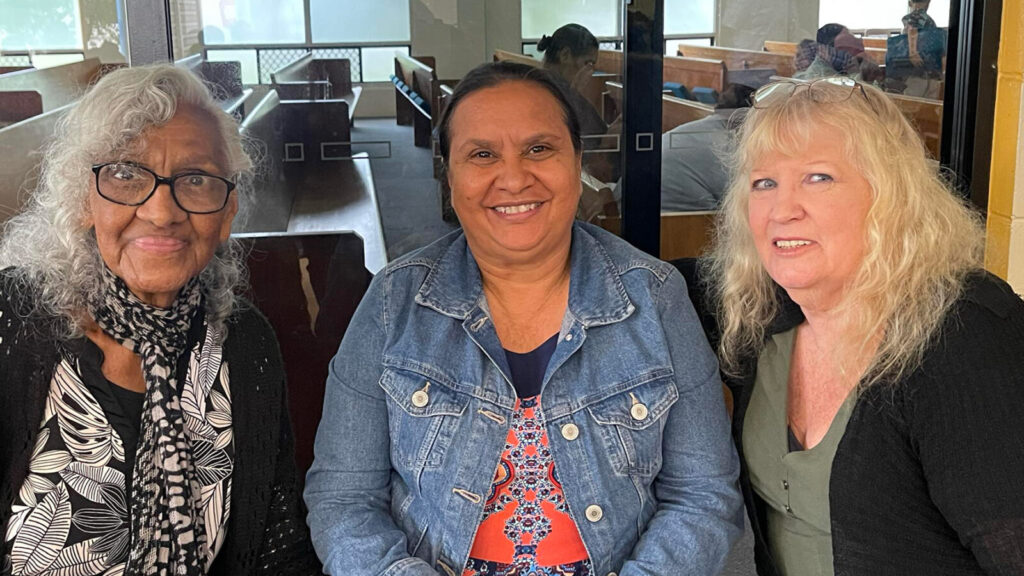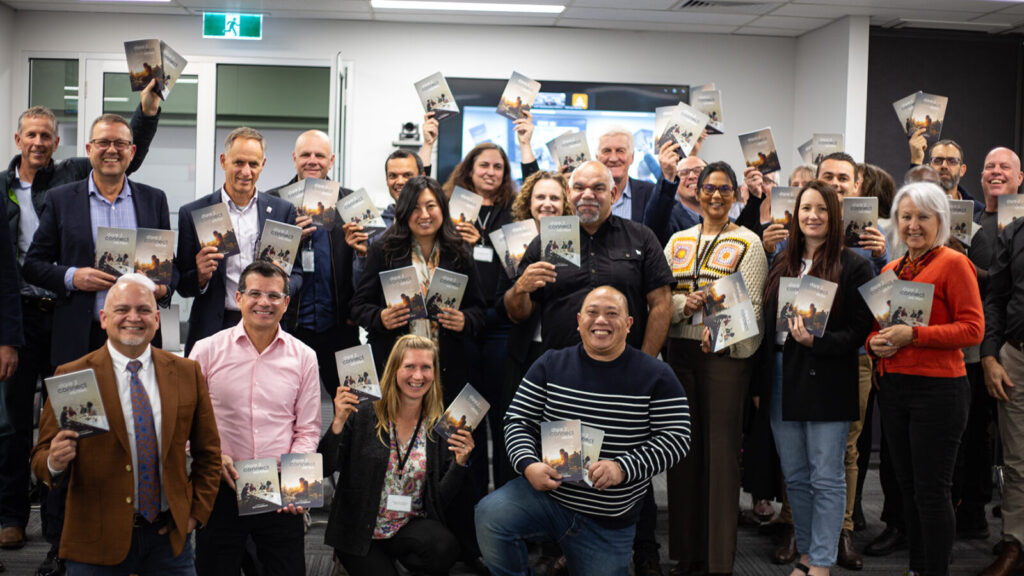Adventists around the South Pacific region and the world are being confronted with the reality that weekly congregational worship probably won’t be happening for at least the next few months due to tightening COVID-19 government restrictions. Last Sabbath, March 21, saw dozens of churches switching to worship services streamed via the internet and members meeting in small groups in one another’s homes.
A March 23 press release from the Australian prime minister’s office included the following in its list of venues and events required to close: “Religious gatherings, places of worship or funerals (in enclosed spaces and other than very small groups and where the one person per four square metre rule applies). . . . Australians should expect these measures to be in place for at least six months.”
In making the announcement verbally, however, PM Scott Morrison’s language was much stronger, making it clear that even small worship gatherings in homes are now not recommended: “. . . stay at home unless absolutely necessary. . . . Visits to our houses should be kept to a minimum and with a very small number of guests.” This stronger stance was echoed by the national health authority, which made a “strong recommendation to limit unnecessary visitors to private homes, including private events in homes”.
“What was a great idea last week is different this week,” said Pastor Brendan Pratt, ministerial association secretary for the Adventist Church in Australia (AUC) in an email to those sharing his portfolio in conference offices. The email included a list of typical pastoral activities, including baptisms, anointings and hospital visits, which will now have to be deferred or conducted remotely. “Small groups will now need to be online. Gatherings are not to take place in homes,” is the clear line from Pastor Pratt’s office.
“Due to the fact that each state is interpreting and applying the federal government’s directive differently, we are asking pastors to speak to their local conference about livestreaming from local church buildings,” said AUC general secretary Michael Worker. “We have two sets of legal advice in this regard that are slightly different. In summary, one set of advice indicated that some states and territories cannot use the building for livestreaming, and in some states and territories, it should be acceptable to have two-to-three people enter the building for the purpose of a livestream broadcast. If a decision is made to utilise a church building for a livestream broadcast, regular social distancing guidelines should be followed.”

New Zealand is now on alert level 4 restrictions, which involves the closure of schools and the restriction of public transport to people involved in essential services. “Any place where the public congregates must close their face-to-face function,” said Prime Minister Jacinda Ardern in an official announcement. “All indoor and outdoor events cannot proceed. . . . To be absolutely clear, we are now asking all New Zealanders who are outside essential services to stay at home and to stop all interaction with those outside of those in your household.”
In response to the increasing restrictions, Adventist Media’s Digital Discipleship website has released a list of 70 churches providing livestreamed events around Australia and New Zealand, as well as links to Adventist churches around the world doing the same thing.
Similarly, church leaders in New Zealand have a provided a list of Adventist churches livestreaming their services as well as noting that “Hope Channel NZ is looking at providing a church experience for those unable to attend church during the COVID-19 pandemic.”
Seventh-day Adventist churches in Pacific island nations are also looking for alternatives to traditional church gatherings, with Hope Channel Fiji working towards providing a televised church service. [pullquote]
“Our focus is on maintaining connection within the church,” said Pastor Matthew Hunter from the Elizabeth and Birdwood churches in South Australia. “This Sabbath we’ll be running a Zoom webinar for church where there will be different participants who will join with video and sound to do things like welcome, prayer, music, children’s story etc from their homes. Everyone else watching can interact through the chat function.”
Pastors and church members with expertise in video and streaming technologies are suddenly in demand. Tech tips and recommendations for suitable equipment and software are being exchanged on social media, with Zoom, YouTube and Facebook Live being the preferred platforms so far. At the most basic level, a smartphone, an internet connection and a Facebook account is all it takes to stream a worship service, Bible study or devotional. But even then, technical or other issues sometimes arise.
Samoan churches around Australia have banded together online, with Cornubia Samoan church in Brisbane hosting Sabbath School and Sydney’s Mt Druitt Samoan church leading the church service. About 30 pastors from around Australia have agreed to take turns providing a daily devotional talk on a new Samoan Adventist Facebook page that has attracted nearly 600 likes in the few days since it was launched.
“Our engagement levels are through the roof,” said Pastor Ray Moaga, who helped launch the page. He noted that individuals from Adventist churches in New Zealand and even the USA have been making contact, and is keen for younger people to ensure that their parents and grandparents have access to crucial COVID-19 updates and the experience of online community in the absence of physical gatherings.
A number of church leaders are reluctant to forego personal contact altogether. “We still have our food hamper ministry running,” said Pastor Trevor Mawer from Pine Rivers (Qld) church, “It’s now a drive-through model or home service if requested. (Note, with all the proper safeguards in place.) Unsure if we are counted as an ‘essential service’, but we’ll continue while we can.”
“We want to see and encourage the church to be church,” said Pastor Hunter, “so we are putting all members and attendees into family groups of three-to-four families and asking they call all the other families in their group once a week to see what needs they have and pray. It’s been great seeing the interaction and how everyone has taken on the responsibility to look out for each other.”






